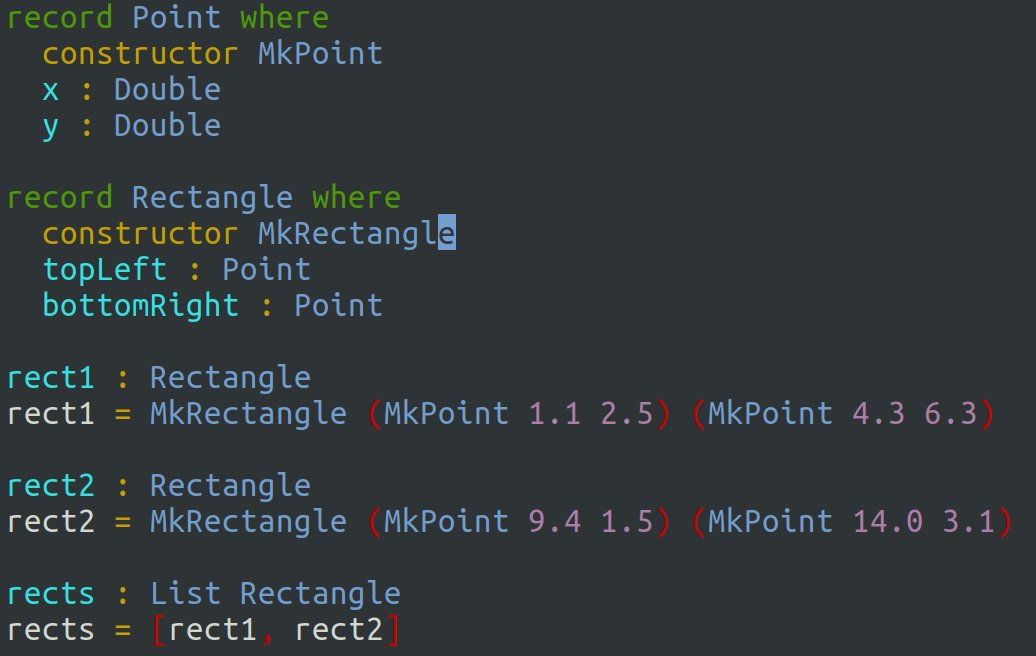AZ
Size: a a a
2020 April 27
в ишью спросить кмк надо
спроси в дискорде
p
спроси в дискорде
точно
p
@Дмитрий Полунин The only supported way to link to a Rust dylib is through rustc, i.e., referencing it as an extern crate. When loading a dylib in this way, rustc will look at the dylib's metadata to see what rustc version produced the dylib and report an error if that's a different version from its own. In this usage scenario, there is no problems of the sort you expect, it's exactly like using an rlib except that the resulting executable refers to the dylib instead of containing all the code from the library directly (although it will generally contain some code originating from that library, other code does not need to be duplicated in each executable).
In a typical plugin scenario, where you want to be able to discover load dynamic libraries at runtime, this crate type is inappropriate. Not only is the ABI unstable, "dylib" libraries necessarily contain the full machine code that you might expect to exist in them. The proper crate type to use for plugins is cdylib, which use a "C ABI" interface (exporting unmangled function symbols using the extern "C" ABI and types which have a stable ABI because they correspond to C types). This is less convenient but side-steps all ABI instability problems, at least as long as you listen to the improper_ctypes lint.
In a typical plugin scenario, where you want to be able to discover load dynamic libraries at runtime, this crate type is inappropriate. Not only is the ABI unstable, "dylib" libraries necessarily contain the full machine code that you might expect to exist in them. The proper crate type to use for plugins is cdylib, which use a "C ABI" interface (exporting unmangled function symbols using the extern "C" ABI and types which have a stable ABI because they correspond to C types). This is less convenient but side-steps all ABI instability problems, at least as long as you listen to the improper_ctypes lint.
p
то есть dylib можно юзать только через rustc
p
для плагинов - cdylib и c abi
SP
хочется начать день с доёбов до скриптодетей чтобы сделали как в расте
SP
но начну пожалуй с помидорки
G
https://twitter.com/edwinbrady/status/1254771027843772418 — Эдвин пишет, что в Idris 2 теперь есть record dot syntax. Хочется пошутить про «ты должен был бороться со злом, а не примкнуть к нему», но выглядит и правда неплохо.
Доки: https://idris2.readthedocs.io/en/latest/reference/records.html
Доки: https://idris2.readthedocs.io/en/latest/reference/records.html
G
https://twitter.com/edwinbrady/status/1254771027843772418 — Эдвин пишет, что в Idris 2 теперь есть record dot syntax. Хочется пошутить про «ты должен был бороться со злом, а не примкнуть к нему», но выглядит и правда неплохо.
Доки: https://idris2.readthedocs.io/en/latest/reference/records.html
Доки: https://idris2.readthedocs.io/en/latest/reference/records.html
@enomad лол
SP
должен был сделать get "x" topLeft которое спрятано за десятью плагинами которые выводят наружу нормальный интерфейс с сотней ограничений
G
должен был сделать get "x" topLeft которое спрятано за десятью плагинами которые выводят наружу нормальный интерфейс с сотней ограничений
это в хаскелле так?
SP
в хаскеле это один из десяти способов
G
лол
G
ну в идрисе хоть исправили
G
это напоминает мои попытки в сишку тип-суммы сделать с помощью препроцессора
SP
есть еще такое но я вообще не понял https://www.reddit.com/r/haskell/comments/4x8tk8/overloadedlabels_considered_awesome/






